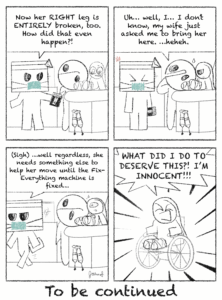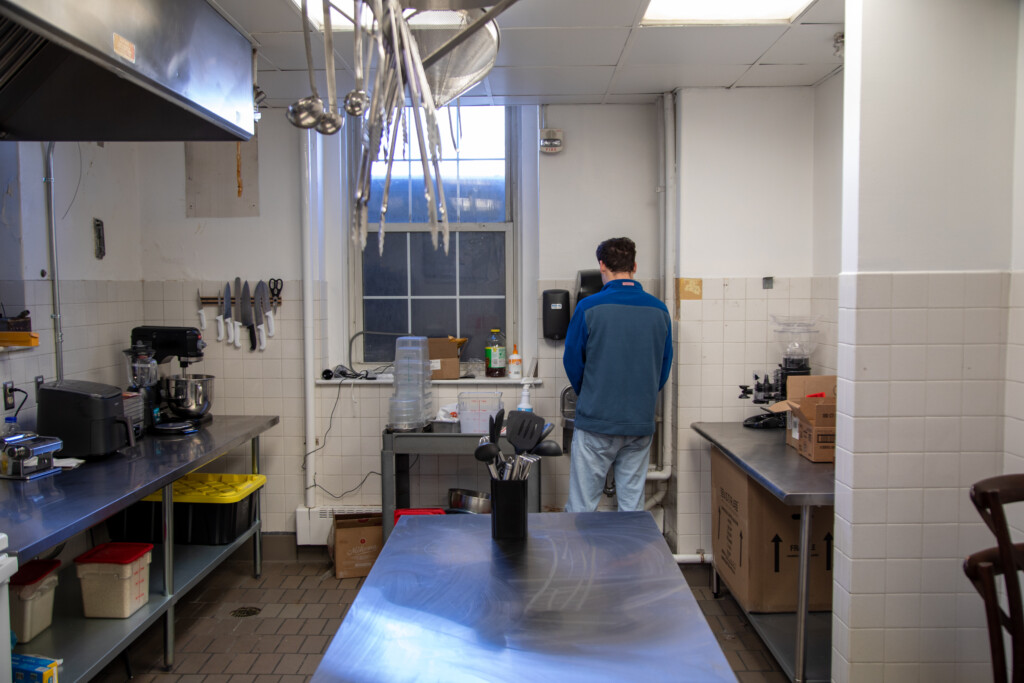For instance, you might know that the class of 2013 recently selected its Students’ Association senators and class council members.
In that election, roughly 44 percent of the eligible body voted. Such was not always the way for Senate elections, and it almost cost the student body severely.
In February 1992, the Students’ Association Senate came into session frustrated. The highest voting turnout in the previous seven years had been 33 percent in the 1987 elections.
So then-SA President Matt Lang had an idea. If students wouldn’t support the SA, then the SA wouldn’t support the students. At the Feb. 3 meeting, then-Senator Mike Zimmerman submitted a proposal that would derecognize every SA group and freeze all funding if at least 50 percent of students didn’t vote in the upcoming elections.
The proposal passed by a vote of 14-4, and the outcry was both powerful and predictable.
‘Can they do that?!” then-UR President Dennis O’Brien replied.
Others were even less reserved.
‘The Senate is going to freeze our money?” Eric Firnstein ’92 said. ‘Great idea; that’s why I didn’t vote in the elections.”
Then new SA Treasurer and SA Appropriations Committee head Paul Loosmann refused to follow the Senate’s resolution, and the case was brought before the All-Campus Judicial Council, who voted unanimously 10-0 to overturn the Senate’s ruling. But in a letter to CT, the justices noted that it wasn’t due to unhappiness with the proposal, but strictly due to constitutionality.
‘The burden is on the students to choose to empower their Senate, rather than on the Senate to coerce their constituents to vote,” they wrote.
The philosophy behind the resolution probably wasn’t too bad, though. UR still isn’t at 50 percent, even if it is better than before. True story: The student government meets every week at 9 p.m. in the Gowen Room of Wilson Commons (fall break is an exception). In case you’re curious.
Brenneman is a Take Five Scholar.


